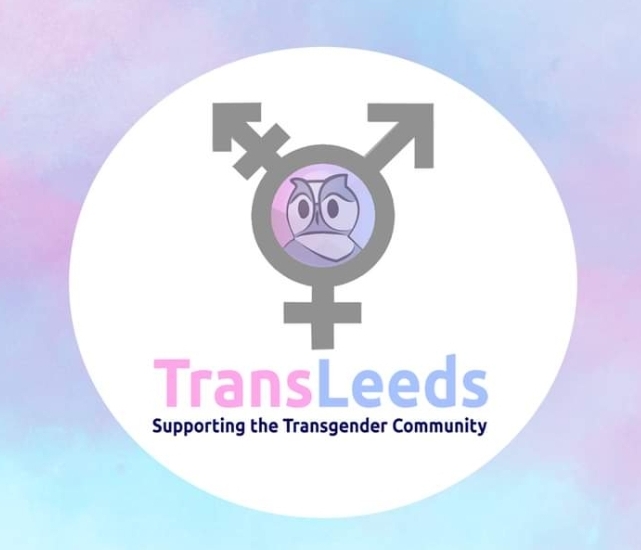TransActual Transition Access Survey 2022
- coordinator2830

- Nov 15, 2022
- 3 min read
Tom Shillito, 15/11/2022
CW: Medical transition, discrimination
TransActual have published a report on access to transition-related healthcare in the UK. The report is based on a survey of 1,183 transgender and nonbinary people living in the UK in 2022. The survey asked about which transition-related healthcare services they would like to access, which of those they have accessed, and the impact that has had on them.
They found that 88% of respondents would like to receive hormone therapy and 90% would like to undergo transition-related surgery. Many respondents reported that medical transition, either receiving it or being on a waiting list, had an extensive impact on their daily life. Procedures were described as ‘lifesaving’ and were reported to increase feelings of safety as well as improving wellbeing.
66% of respondents reported that waiting times had impacted their decision to start their medical transition. That number increases to 91% for those referred to an NHS gender clinic in 2022. 85% of respondents referred to a gender clinic since 2017 had not yet received a first appointment. Once a first appointment had been attended, respondents waited an average of almost a year (325 days) for hormones to be prescribed, and over three years (983 days) for surgery. Some respondents had been waiting in excess of five or ten years from first asking for support for hormones and/or surgery.
Waiting times for hormones and surgery had negative impacts on respondents mental health (87% for hormones and 84% for surgery). Many also reported negative impacts of the wait on their physical health (78% for hormones, 62% for surgery). This included both existing medical conditions becoming worse, and the impact of gender-affirming actions such as binding and tucking over a long period having an impact on their health.
Of those who had come out as trans at work, more than 9 in 10 (91%) said their workplace had not supported their medical transition. Many respondents reported their workplaces had inclusive policies but were not supportive of trans employees in practice. However, some respondents who changed jobs due to discrimination were able to move to more supportive employers.
Based on this research, TransActual have five recommendations for the NHS organisations in all four UK countries:
1. Improve data collection, monitoring, and transparency of waiting times for transition-related care and use this as a basis to create an action plan to resolve long waiting lists.
2. Review the Gender Dysphoria Service Specification to ensure necessary procedures and treatments are publicly available in a timely manner, without unnecessary obstacles.
3. Work with Integrated Care Systems to ensure mental health support is easily available to trans people at all stages of social and medical transition.
4. Establish and improve collaboration with the Royal College of GPs to ensure all GPs understand the needs and rights of trans people in the UK.
5. Work with the Royal College of Surgeons to proactively develop the workforce that can offer transition-related surgeries in the UK.
They also have two recommendations for the Royal College of GPs and the Royal College of Surgeons:
6. Ensure that all GPs receive necessary training to be able to support trans people who are socially and/or medically transitioning
7. Take urgent action to increase the number of surgeons able to offer transition-related surgeries in the UK.
If you need support with accessing transition-related healthcare or coming out at work, please contact us using the ‘contact us’ form on our website. TransActual are also holding online information sessions about accessing support from your GP in December 2022 and January 2023. For details please visit their website.
